Psychosomatic Clinic in Udaipur
Psychosomatic medicine is a modern field of behavioral medicine and a part of the practice of consultation-liaison psychiatry.
A psychosomatic disorder is any physical condition that stress can help cause or make worse. Stress impacts our bodies in many ways and can affect several physical conditions, mood, lifestyle, our daily choices, and interpersonal spectrum as well. Stress is a part of daily living from heart disease to eczema. Stress management can go a long way to help manage psychosomatic disorders.
Our Psychosomatic specialty clinic integrates interdisciplinary evaluation and management of stress impact physical diseases involving diverse specialties including psychiatry, psychology, neurology, psychoanalysis, internal medicine, cardiology, pediatrics, surgery, allergy, dermatology, orthopedics, gynecology, gastroenterology and psychoneuroimmunology.

Some psychosomatic disorders e.g. hypertension, stroke, respiratory ailments (Allergies, Asthma, COPD, Bronchitis) , Gastrointestinal disturbances (Irritable bowel disease, Gastric reflux, Peptic ulcers, Crohn’s disease, IBD), headaches, Fibromyalgia, arthritis, skin diseases etc.
Our subspeciality psychosomatic clinic in Udaipur, offers mind and body treatments for various stress induced ailments and lifestyle disorders. The section given below describes a few of the common conditions that we treat with the expertise of our super-specialists based in Udaipur.
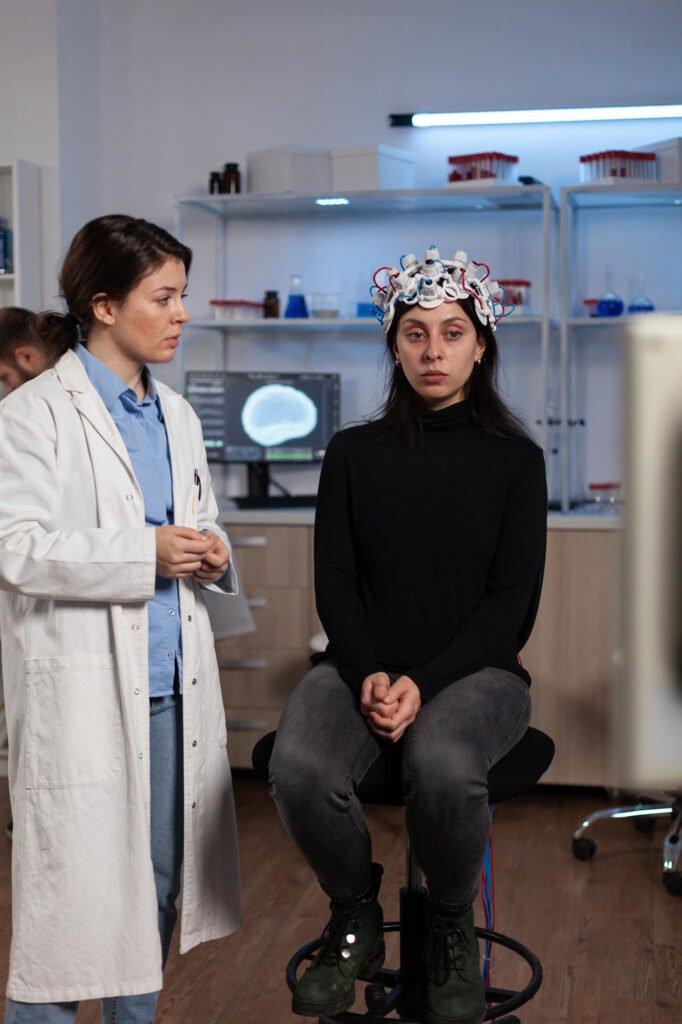
Common medical conditions that are psychosomatic
To an extent most diseases are psychosomatic – involving both mind and body. There is a mental aspect to every physical disease. How we react to disease and how we cope with disease vary greatly from person to person. Medical condition, Psychosocial issues, stress response and coping determines the ultimate disease trajectory. There can be physical effects from mental illness as well. For example, with some mental illnesses you may not eat, or take care of yourself, very well which can cause physical problems.
Some physical diseases are thought to be particularly prone to be made worse by mental factors such as stress and anxiety. Many physical diseases involve psychosomatic factors, and that stress often makes them worse. For example, these include:
- Psoriasis.
- Dermatitis.
- Alopecia
- Hyperhidrosis
- Eczema.
- Stomach ulcers.
- Irritable bowel disease
- Gastric reflux (GERD)
- Inflammatory bowel disease
- High blood pressure.
- Heart disease.
- Headaches
- Migraines
- Arthritis
- Pain related inflammatory conditions
- Obesity disorders
- Diabetes
- Fibromyalgia
- Sleep disorders
Symptoms of Psychosomatic disorders
The symptoms of a psychosomatic disorder vary based on the underlying physical condition. For example, if you have diabetes, stress may raise your blood sugar levels or make them more difficult to manage. Stress and anxiety can cause flare-ups if you have digestive issues, leading to diarrhea, bloating, constipation or abdominal discomfort. Physical signs and symptoms of stress specifically include:
• Chest pain or a feeling like your heart is racing.
• Exhaustion or trouble sleeping (insomnia).
• Headaches and dizziness.
• Shaking or tremor.
• High blood pressure.
• Muscle tension or jaw clenching.
• Stomach or digestive problems, including changes in appetite/weight/digestion.
• Psycho Sexual dysfunction.
• Weakened immune system.
Stress can lead to emotional and mental symptoms like:
- Feeling overwhelmed.
- Anxiety or irritability.
- Depression.
- Burnouts
Our team of doctors at the Psychosomatic specialist Clinic for Health Psychology, Stress Reduction & Integrative Healing, Udaipur are expert at identifying and treating any of the above issues.

Causes of Psychosomatic disorders
Some people are more emotionally and physiologically sensitive to stress. They may be more likely to have psychosomatic disorders. When you experience stress, it causes the following changes in your body:
-
A shift in your autonomic nervous system balance from parasympathetic (“rest-and-digest”) control to sympathetic (“fight-or-flight”) control.
-
Changes in the hypothalamic-pituitary-adrenal (HPA) axis. This is how your endocrine system adjusts your balance of hormones in response to stress.
- Increased blood pressure, heart rate and breathing.
- Increased blood glucose (sugar) levels.
- Increased blood flow to skeletal muscles (the muscles that make you move).
- Inflammation.
- Decreased bodily regenerative (recovery) activity.
- Changes in digestive activity.
- Decreased blood flow to your prefrontal cortex. This is a part of your brain that’responsible for executive functions like focus, impulse control and emotionaregulation.
Most people can physically and mentally tolerate brief episodes of stress. But chronic or severe stress causes wear and tear on your body and mind if you’re naturally more reactive to stress. These bodily changes happen frequently and/or last longer than they should and damage body systems. Researchers think many factors make a person more vulnerable to psychosomatic disorders and the effects of stress, including:
- Genetics.
- Personality traits.
- Environmental and biological factors.
An expert evaluation with our team of super-specialists at the psychosomatic clinic in Udaipur, can help us understand the root causes for psychosomatic issues and treat them as well.

Diagnosis and Tests
A doctor diagnoses psychosomatic disorders by considering a combination of physical and mental symptoms. The doctor commonly follows the :-
1. Conducts a medical intake
2. Conducts a physical examination
3. Considers some medical tests
4. Asks about life stressors
5. Refers for needful psychosocial evaluation to an expert psychiatrist or clinical psychologist specialized in psychosomatic medicine.
You should seek medical care if you experience any of the following symptoms, as they may indicate a serious medical issue: chest pain, rapid heartbeat, shortness of breath, increased blood pressure, dizziness, falls, blackouts, recurrent pains, chronic fatigue, restlessness, long standing digestive issues, insomnia and sudden headache. Feel free to contact us at the psychosomatic clinic in Udaipur.
Management and Treatment
Each physical condition that stress may contribute to or worsen has its own treatment. But your healthcare provider /physician may recommend therapies to manage your stress specifically. These include:
- Psychotherapy (talk therapy), like cognitive behavioral therapy.
- Mindfulness-based therapy.
- Medications
- Holistic interventions with diet, exercise, etc.
Stress can affect your body in many ways. So, it’s important to see your healthcare provider if you’re experiencing chronic or severe stress, especially if you have a chronic physical condition, like heart disease or diabetes. They may give you a referral to a
specialist in mental health (like a psychiatrist or clinical psychologist) and recommend regular checkups with your primary care provider.

Our posts

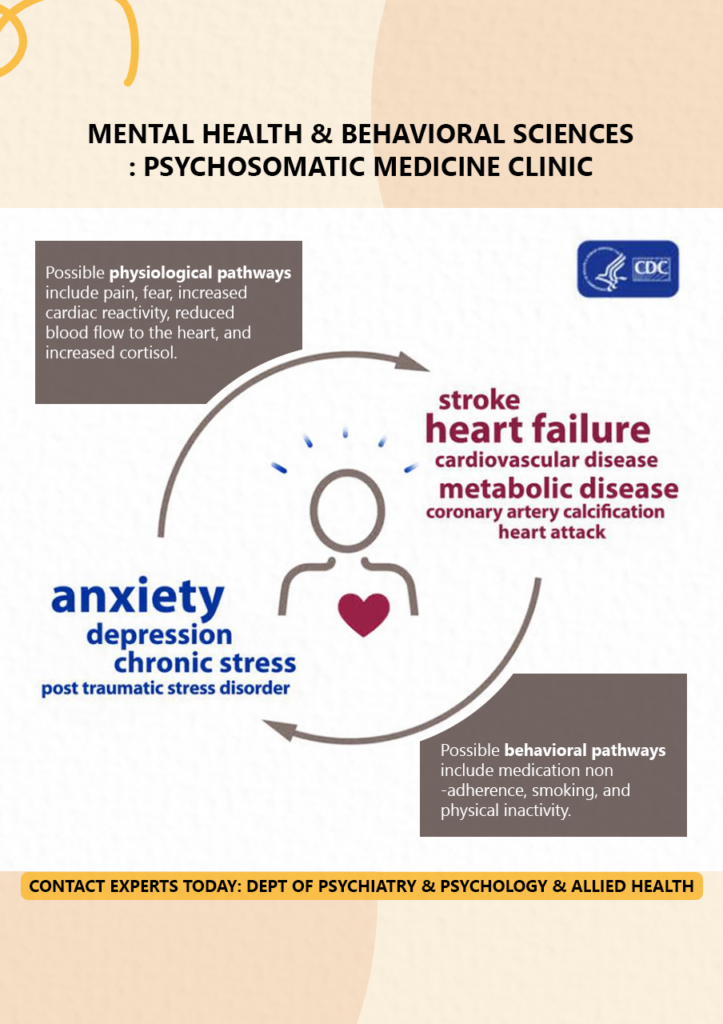
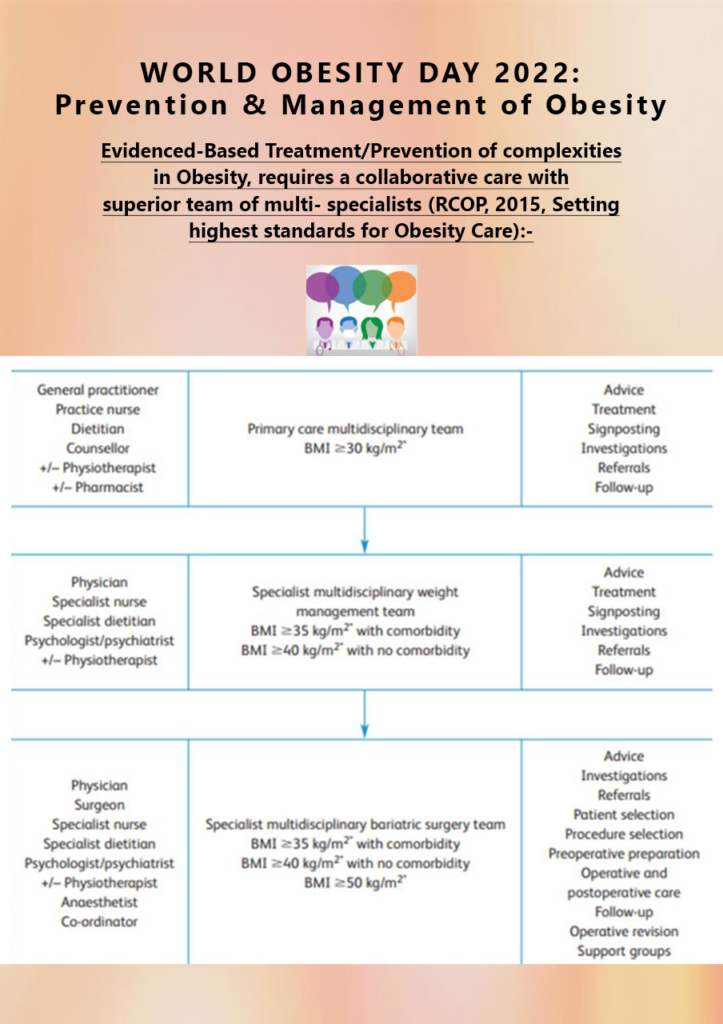
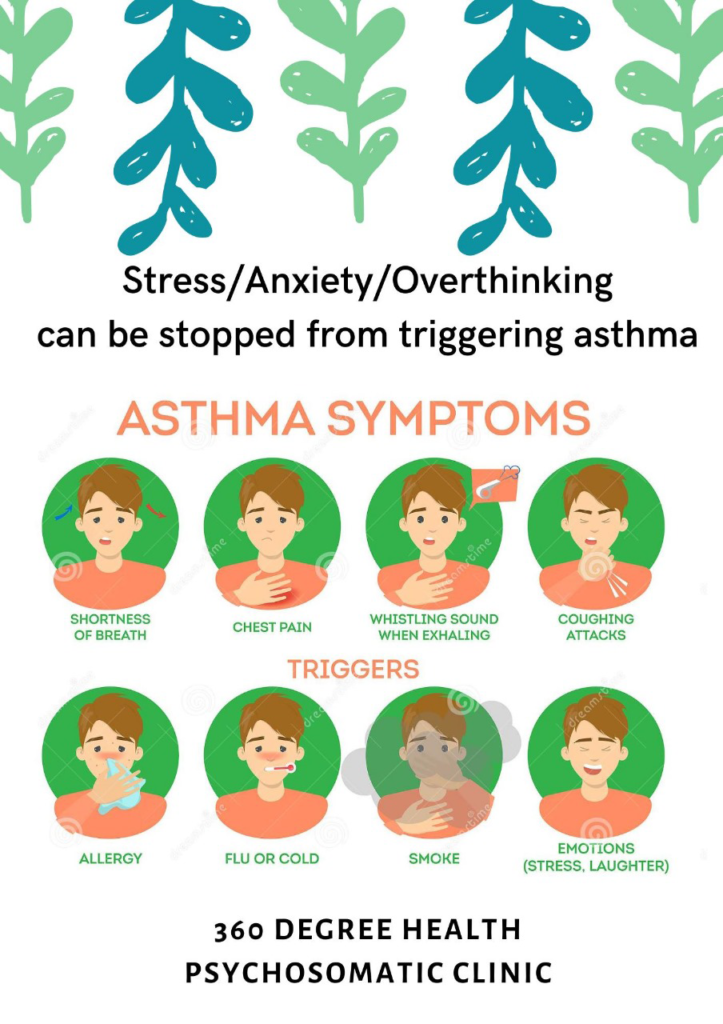
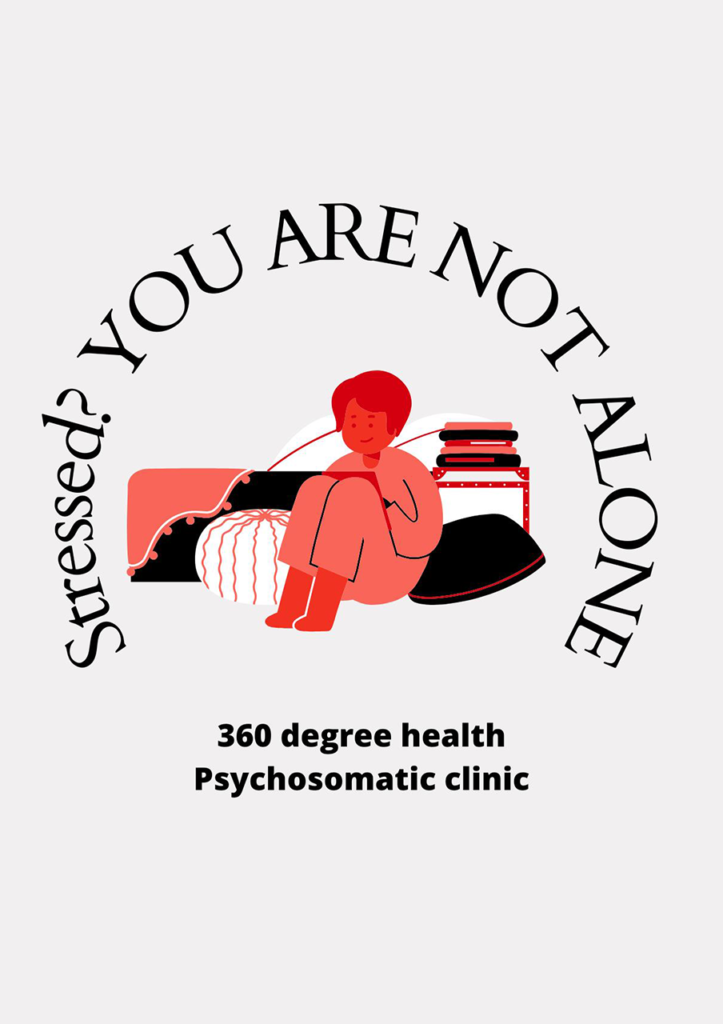
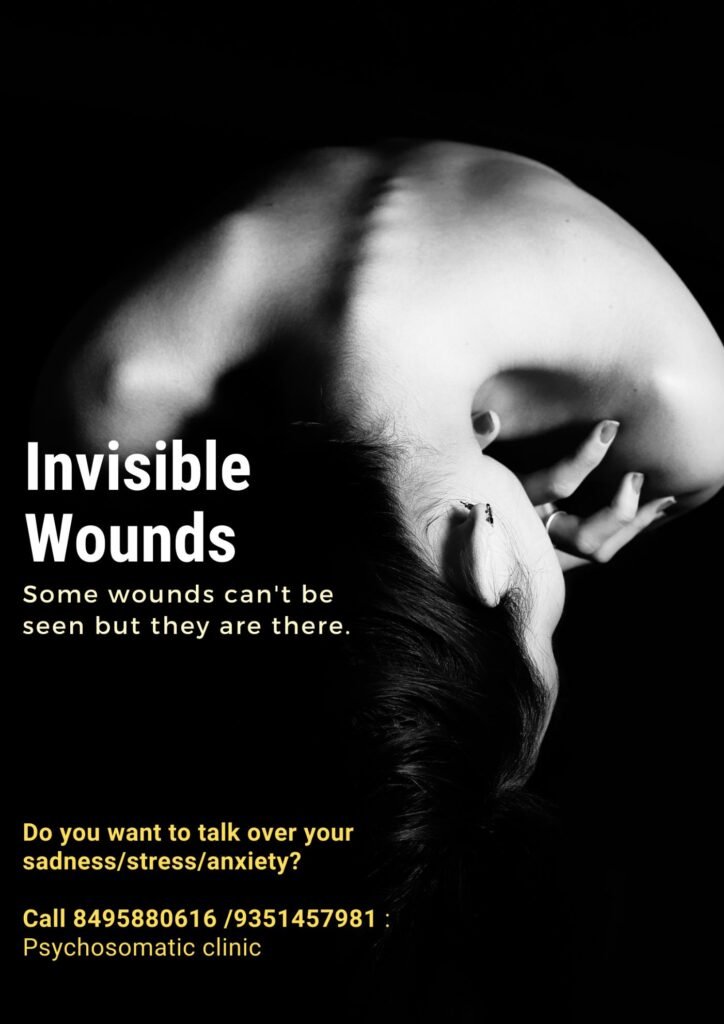
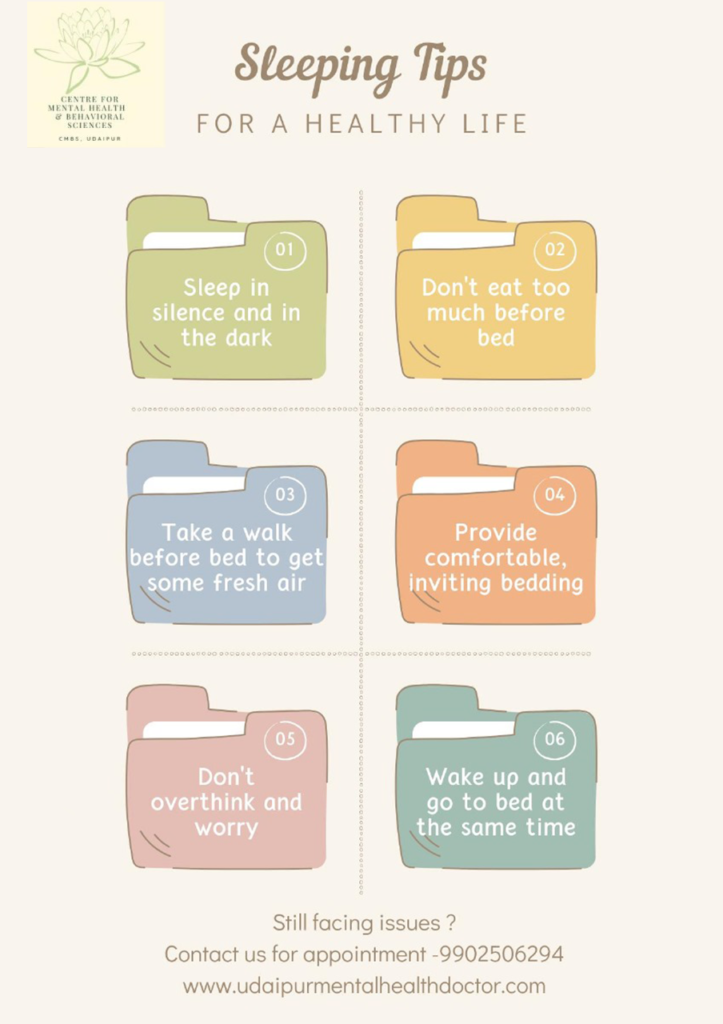
Parenting videos and Informative by Dr. Ansha Patel
Book With Us Now
Get an Appointment
Support your child’s development—book your appointment today for expert guidance!
